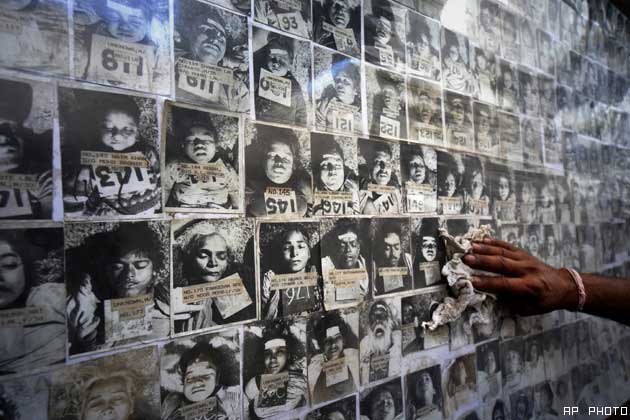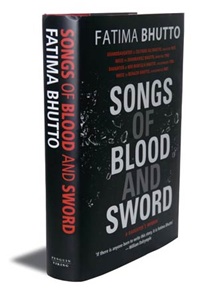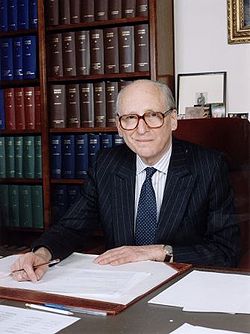by Saffi Ullah Ahmad
Editor’s Note: For backround on the Bhopal disaster click here.
 Friday marks the 26th anniversary of the world’s worst industrial catastrophe, the Bhopal Gas Disaster, which brought to light in the most horrific of ways the darker side of economic globalisation. The disaster saw the lives of hundreds of thousands of impoverished Indians destroyed as negligence on the part of a US multinational led to the escape of over 40 tons of ultra-hazardous toxic gasses from a poorly built pesticide factory, laying waste on an entire city.
Friday marks the 26th anniversary of the world’s worst industrial catastrophe, the Bhopal Gas Disaster, which brought to light in the most horrific of ways the darker side of economic globalisation. The disaster saw the lives of hundreds of thousands of impoverished Indians destroyed as negligence on the part of a US multinational led to the escape of over 40 tons of ultra-hazardous toxic gasses from a poorly built pesticide factory, laying waste on an entire city.
Although estimates vary, the current death toll is thought to be 25,000, and those seriously injured number well over 100,000. These numbers are still rising due to the thousands of tons of abandoned chemicals continuously polluting the Bhopali environment (with increasing concentrations in the soil and drinking water), and gas-affected survivors giving birth to children with serious genetic malformations.
To date, justice has evaded Bhopal victims and their families, who continue to suffer with a vast range of crippling disabilities as well as psychological trauma. The multinational behind all this — Union Carbide Corporation, now owned by the Dow Chemical Company — continues to exploit the inadequate framework of the Indian legal system and has been aided by indifference and at times probable collusion by the central government which dubiously insists it has always acted in the best interest of the victims.
 In her latest book,
In her latest book, 

